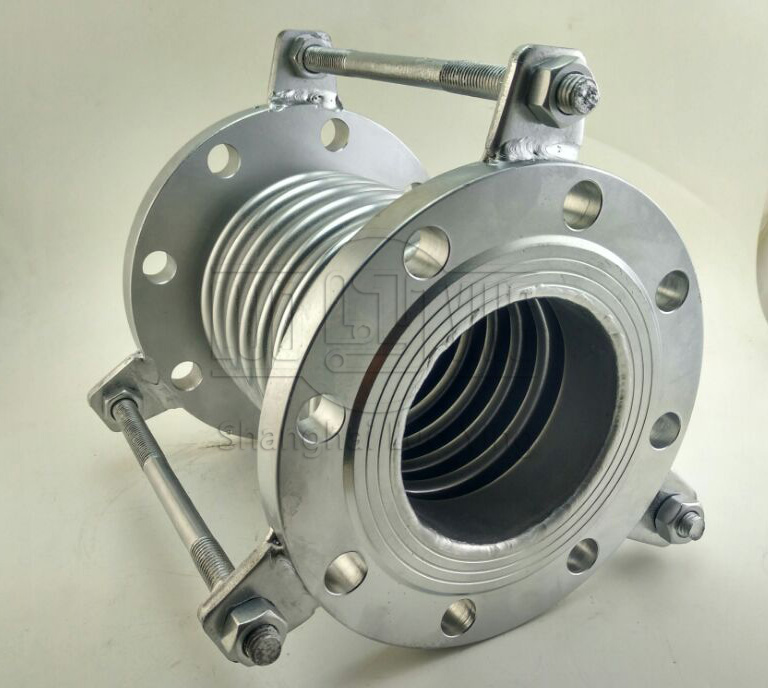How to use steel metal compensators?
Oct-23-24
How to use steel metal compensators?Steel metal compensators are widely used in various industries to absorb movements, vibrations, and shocks in piping systems. These flexible connectors are designed to compensate for thermal expansion, contraction, misalignment, and settling of equipment, ensuring the safe and efficient operation of the system. In this article, we will discuss the basic principles of using steel metal compensators and provide some guidelines for their proper installation and maintenance.
Understanding the Types of Compensators: Steel metal compensators come in different types, such as expansion joints, bellow expansion joints, and flexible connectors. Expansion joints are designed to absorb axial, lateral, and angular movements, while bellows expansion joints are specifically designed for absorbing axial movements. Flexible connectors, also known as metal hoses, are used to absorb minor movements and vibrations.

Ensure proper alignment: Check the alignment of the piping system and the equipment to ensure that the compensator is installed correctly.
Allow for movement: Provide enough space to allow for movement in all directions without causing stress on the compensator or the connected equipment.
Proper anchoring: Use appropriate anchors and supports to properly secure the piping system and the compensator.
Avoid excessive heat: Keep the compensator away from direct contact with excessive heat sources to prevent damage.
Maintenance and Monitoring: To ensure the longevity and effectiveness of steel metal compensators, regular maintenance and monitoring are essential:
Inspect for wear and tear: Regularly inspect the compensator for any signs of wear, such as cracks, bulges, or leakage.
Clean and lubricate: Clean the compensator regularly and apply appropriate lubrication to reduce friction and prevent corrosion.
Monitor system performance: Keep an eye on the performance of the piping system and the compensator, checking for any abnormal movements or vibrations.
Schedule periodic replacements: Depending on the usage and conditions, plan for periodic replacements to ensure the integrity of the system.
Safety Considerations: When using steel metal compensators, always prioritize safety:
Follow manufacturer guidelines: Adhere to the manufacturer's guidelines and recommendations for installation and maintenance.
Use protective equipment: Wear appropriate personal protective equipment when working with the compensator, such as gloves and safety glasses.
Consult experts if needed: If you are unsure about any aspect of the installation or maintenance, consult with experts or professionals in the field.
In conclusion, steel metal compensators are essential components in piping systems to absorb movements and vibrations. By understanding their types, following proper installation procedures, conducting regular maintenance, and prioritizing safety, you can utilize these compensators effectively and ensure the smooth operation of your system.

